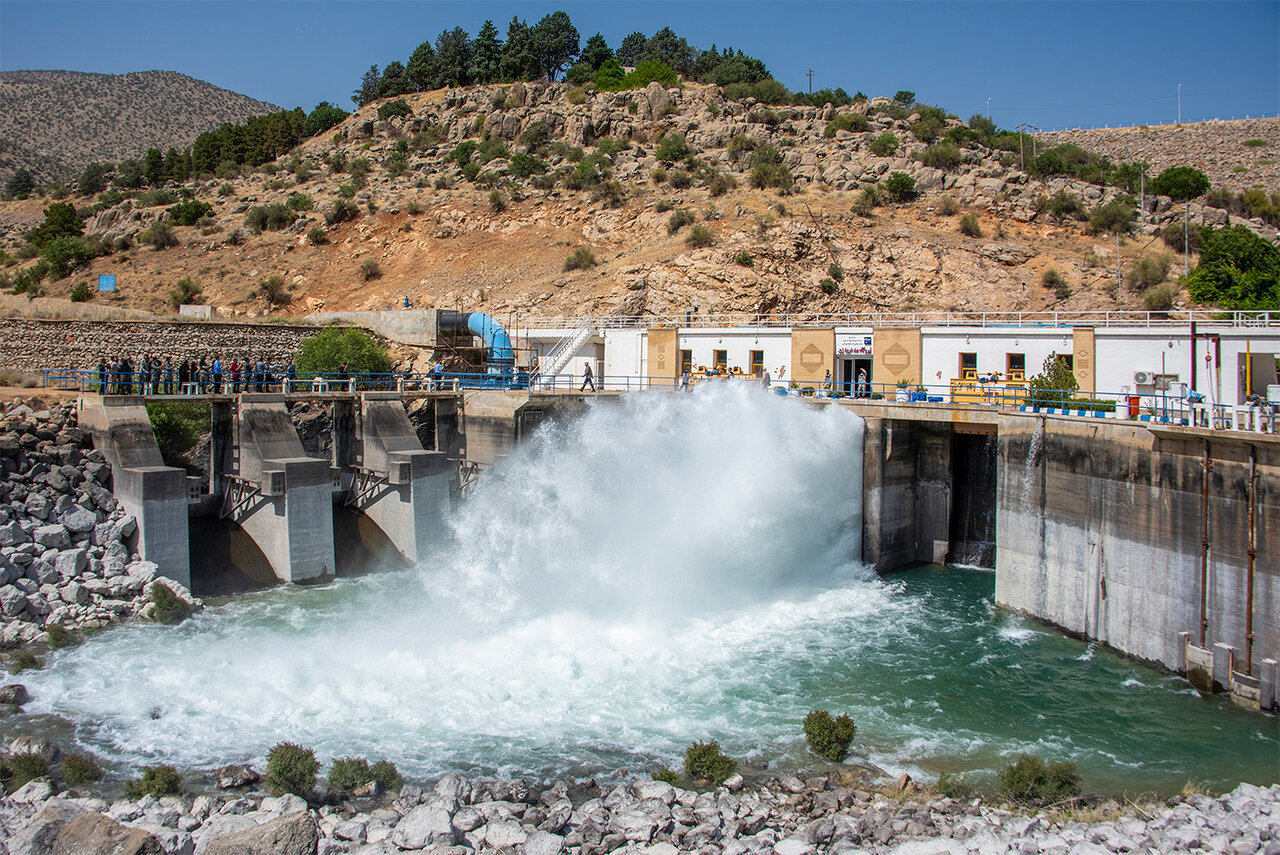
Similar Posts
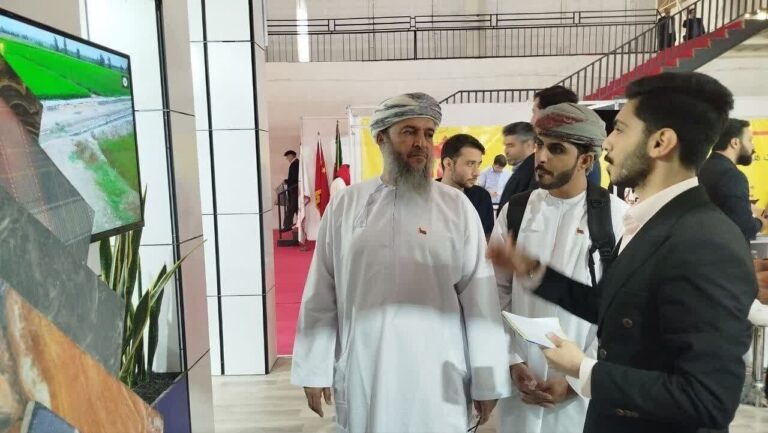
Iran’s Shahid Soleimani Tech Park Shines at Expo 2025: A Hub of Innovation and Technology
Tehran Expo 2025, Iran’s largest export exhibition, attracted over 4,000 international visitors from 110 countries, showcasing the nation’s industrial capabilities and enhancing foreign investment opportunities. A highlight was the Shahid Soleimani Science and Technology Park, featuring 75 innovative products, including cement-based flexible fabrics, which garnered international interest for their sustainability and cost-effectiveness. These fabrics, developed at the park, are versatile for civil engineering applications. Notable international interest included potential collaborations with Chinese investors and Czech diplomats, further establishing the park’s reputation as a hub for advanced technologies and fostering global partnerships to boost Iran’s non-oil exports.
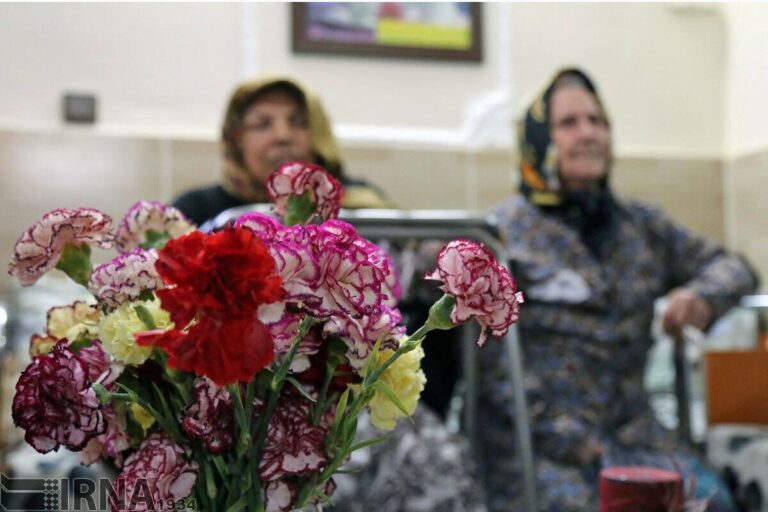
Transforming Communities: Nine Provinces Embrace Age-Friendly Initiatives
Iran has launched a national project to create age-friendly environments in nine provinces, enhancing the quality of life for seniors. This initiative includes Tehran, Gilan, and Isfahan, focusing on supportive services across eight domains: transportation, social participation, housing, and more. The project, part of an international collaboration, aims to address the growing elderly population, projected to reach 32% by 2050. A national document will guide the establishment of these environments, emphasizing collaboration among local institutions. The initiative reflects the urgent need to adapt to demographic changes, ensuring seniors can thrive in their communities.
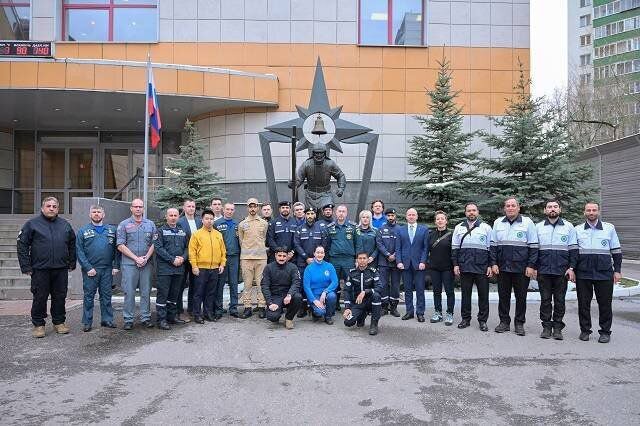
Tehran’s Crisis Management Team Enhances Skills at INSARAG International Training Course
Tehran’s Disaster Mitigation and Management Organization represented Iran in a crucial training course by the International Search and Rescue Advisory Group (INSARAG), organized with Russia’s EMERCOM and the UN OCHA. The course, held at Russia’s Academy of GPS, aimed to enhance international search and rescue operations through the Incident Command Management System (ICMS). Participants learned to manage missions using specialized software and effective communication tools. Following an assessment of Iranian crisis management teams by INSARAG and EMERCOM, a roadmap was established for achieving international classification, thereby improving Iran’s disaster response capabilities and fostering international cooperation in humanitarian efforts.
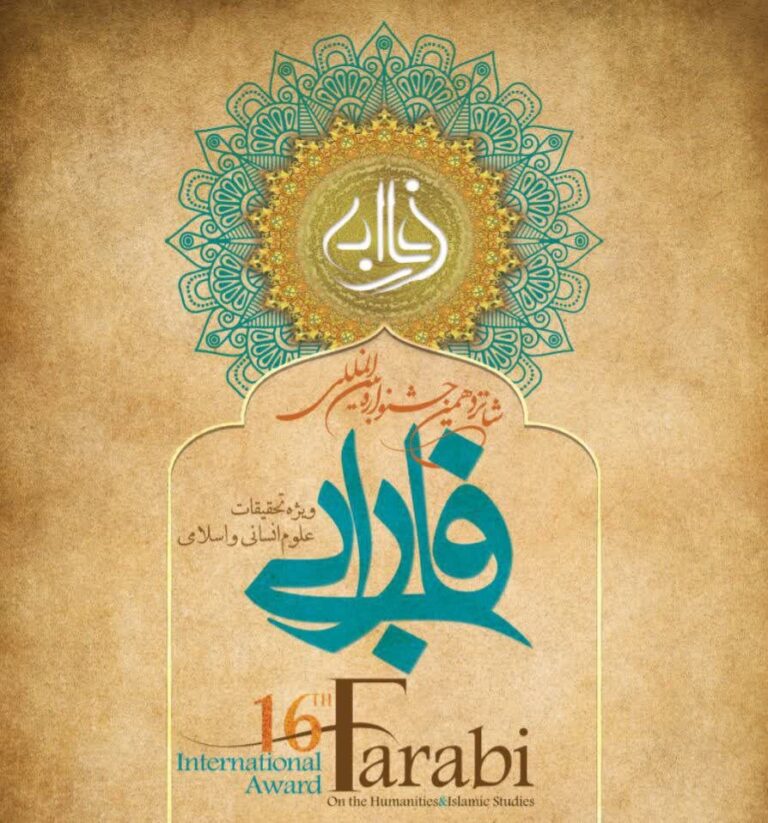
Exciting Announcement: Farabi International Award Set to Take Place Soon!
The 16th Farabi International Award (FIA) will take place, celebrating exceptional talent in humanities and Islamic studies. Organized by the Ministry of Science, Research, and Technology, along with UNESCO, the FIA honors groundbreaking research across various disciplines, including ethics, history, law, literature, and more. Participants can submit innovative works from March 10 to April 30, which will undergo rigorous evaluation. The award recognizes contributions in categories such as books, dissertations, and research articles, catering to both young and established scholars. The FIA promotes scholarly research and enhances the global visibility of Islamic studies and humanities. For more details, visit the official website.
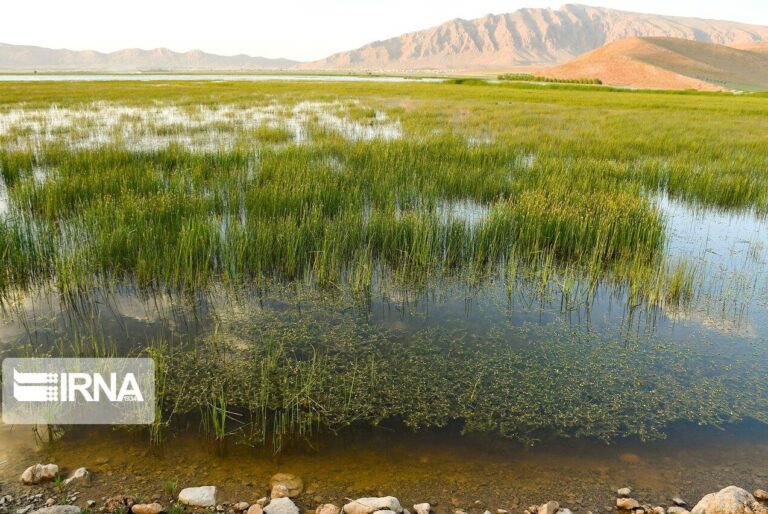
Babol, Kiashahr, and Gandoman: Celebrated as Global Wetland Cities for Sustainable Living
Three Iranian cities—Babol, Kiashahr, and Gandoman—have been designated as Ramsar wetland cities, emphasizing the importance of wetland conservation and urban involvement in protecting these ecosystems. This recognition showcases Iran’s commitment to environmental preservation, following the accreditation of Bandar Khamir and Varzaneh in 2022. The Wetland City Accreditation Scheme encourages sustainable urban planning, public awareness, and socio-economic benefits from wetland conservation. The cities will receive their certificates at the upcoming COP15 in Zimbabwe, highlighting ongoing efforts for wetland preservation. Iran also hosts 25 Ramsar Sites, covering 1,488,624 hectares, underlining the ecological significance of its wetlands.
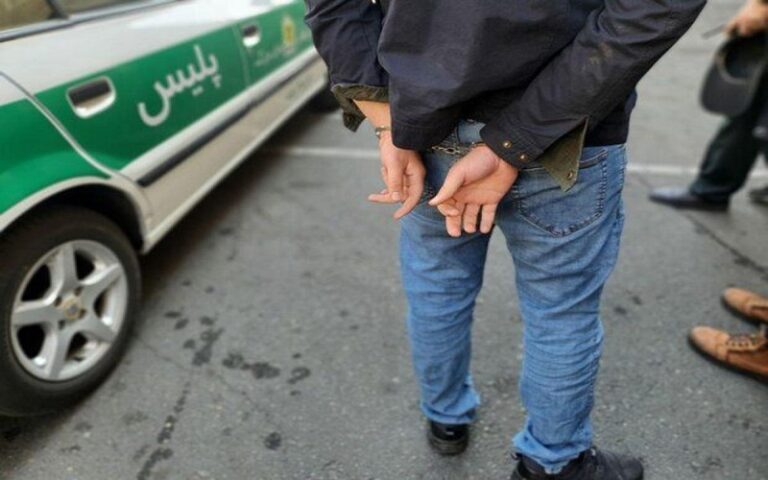
Iran’s Alarming Surge in Theft Highlights Escalating Economic Crisis
Iran’s theft rates have surged nearly fourfold since the late 2000s, reflecting severe socio-economic challenges. Judiciary spokesperson Asghar Jahangir acknowledged that around 80% of crimes are linked to inflation and rising prices, with new crime patterns emerging from digital platforms. Factors like poverty, unemployment, and family breakdown exacerbate the situation. Despite theft being the most common crime, Iranian institutions provide limited transparency on crime data. Harsh punishments for theft, rooted in medieval interpretations of Islamic law, contrast starkly with the systemic corruption among regime officials. This crisis underscores the urgent need for reform and equitable governance in Iran.